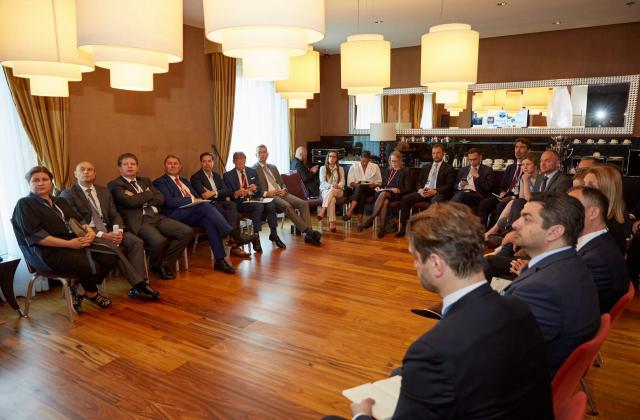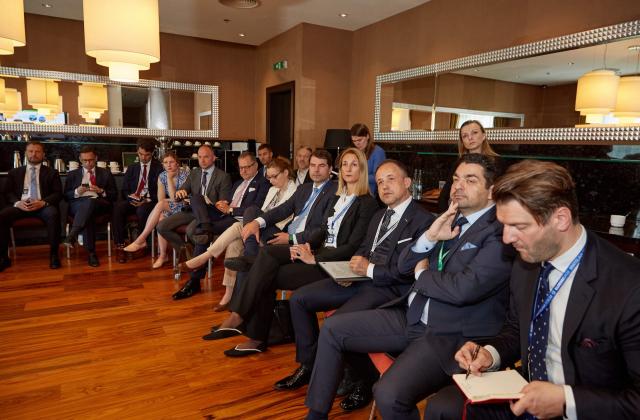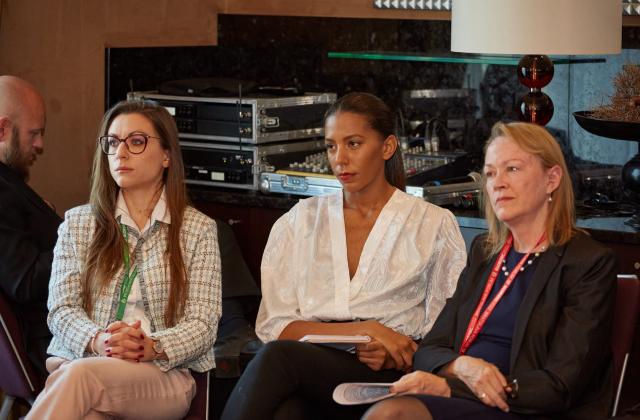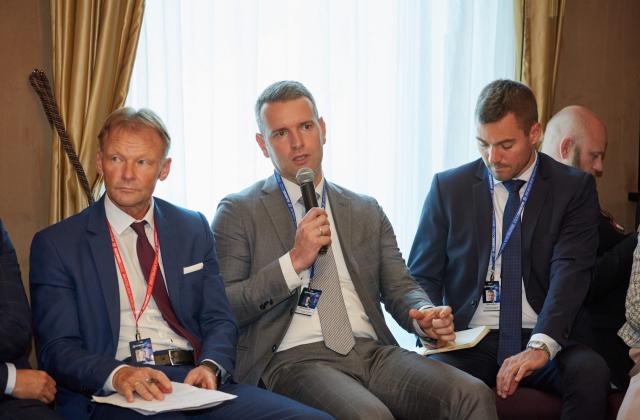Aligning Central European’s Energy Security and the European Green Deal
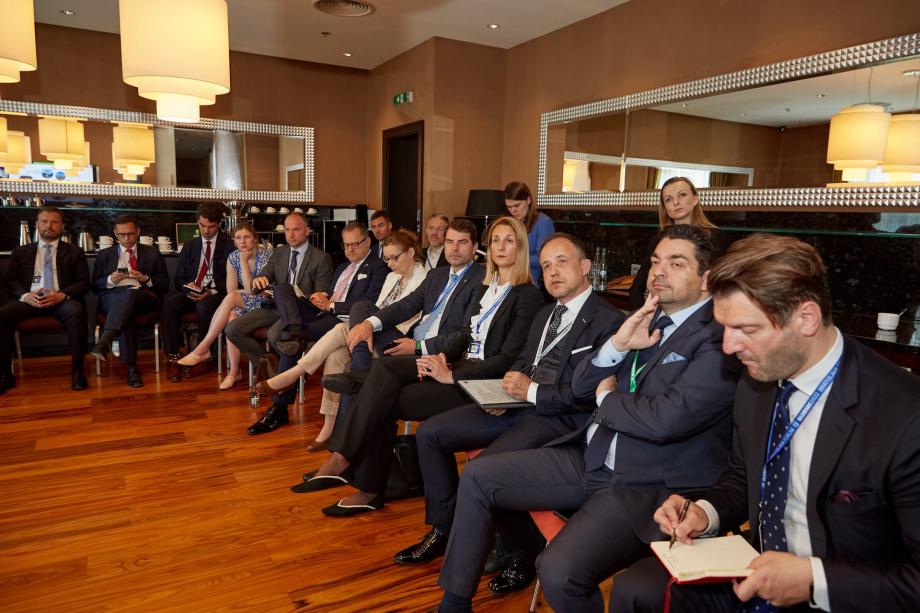
Key Takeaways
On the side-lines of the GLOBSEC Bratislava Forum, the closed-door discussion Aligning Central European’s Energy Security and the European Green Deal brought together policymakers, relevant stakeholders and the private sector to advance energy security throughout the region while aligning with EU’s climate and energy goals.
Led by
- Vazil Hudák, Vice-Chair, GLOBSEC
Distinguished speakers: policy and institutional perspective
- Diana Barglazan, Team Leader Finance and Recovery, Economic Analysis and Foresight Unit, DG
- ENER, Brussels
- Karol Galek, State Secretary, Ministry of Economy, Slovakia
- Attila Steiner, State Secretary, Ministry of Innovation and Technology, Hungary
- Mary Warlick, Deputy Executive Director, International Energy Agency, Franc Distinguished speakers: corporate perspective
- Kamil Čermák, Chairman of the Board & CEO, ČEZ ESCO, Czech Republic
- Gabriel Szabo, Executive Vice President of Downstream, MOL Group/Slovnaft, Slovakia
- Adam Varga, Head of Strategy, MVM Group, Hungary
- Gabor Szenes, Steam Power Global Sales Leader, General Electric Power, Switzerland
As a public-private sectors dialogue, the event shed light on policy recommendations, concrete options, and best-practices aimed at strengthening energy security and autonomy in the EU and CEE region.
The speakers agreed that the CEE region will need to undergo a double energy transition. The first implying adjusting to the EU Green Deal targets and the second involving preserving energy security in time of crisis. The CEE countries face particularly high risks of energy disruptions being historically reliant
on Russian fossil fuels. Among the proposed solutions, the scale-up of nuclear energy, the development of new technologies and enhanced regional cooperation are crucial. To decrease dependency on Russian gas, the speakers also recognised the crucial role played by energy efficiency projects, with a focus on diminishing energy consumption as fast as possible. Investments are particularly needed to increase flexibility and capacity of the national electricity grid and to allow the integration of increased renewable sources volumes.
Zooming-into the Slovak case, Short-term measures to lower dependence on Russian gas include diversification of supply, with state gas firm SPP already signing a contract to buy piped Norwegian gas. Through a variety of short-term measures, Slovakia expects to be able to replace gas import from Russia by 70% already in July 2022. Slovakia is also building the last interconnector with Poland with a capacity of 5 bcm per year, which is also the total yearly gas consumption in the country, to be operative from July 2022. nuclear power produces 55% of the country’s electricity.
As a result of the conference and the detected need for impact-analysis of recent and upcoming energy regulatory and financial measures, a new GLOBSEC initiative, the CEE Energy Hub, is being developed.
